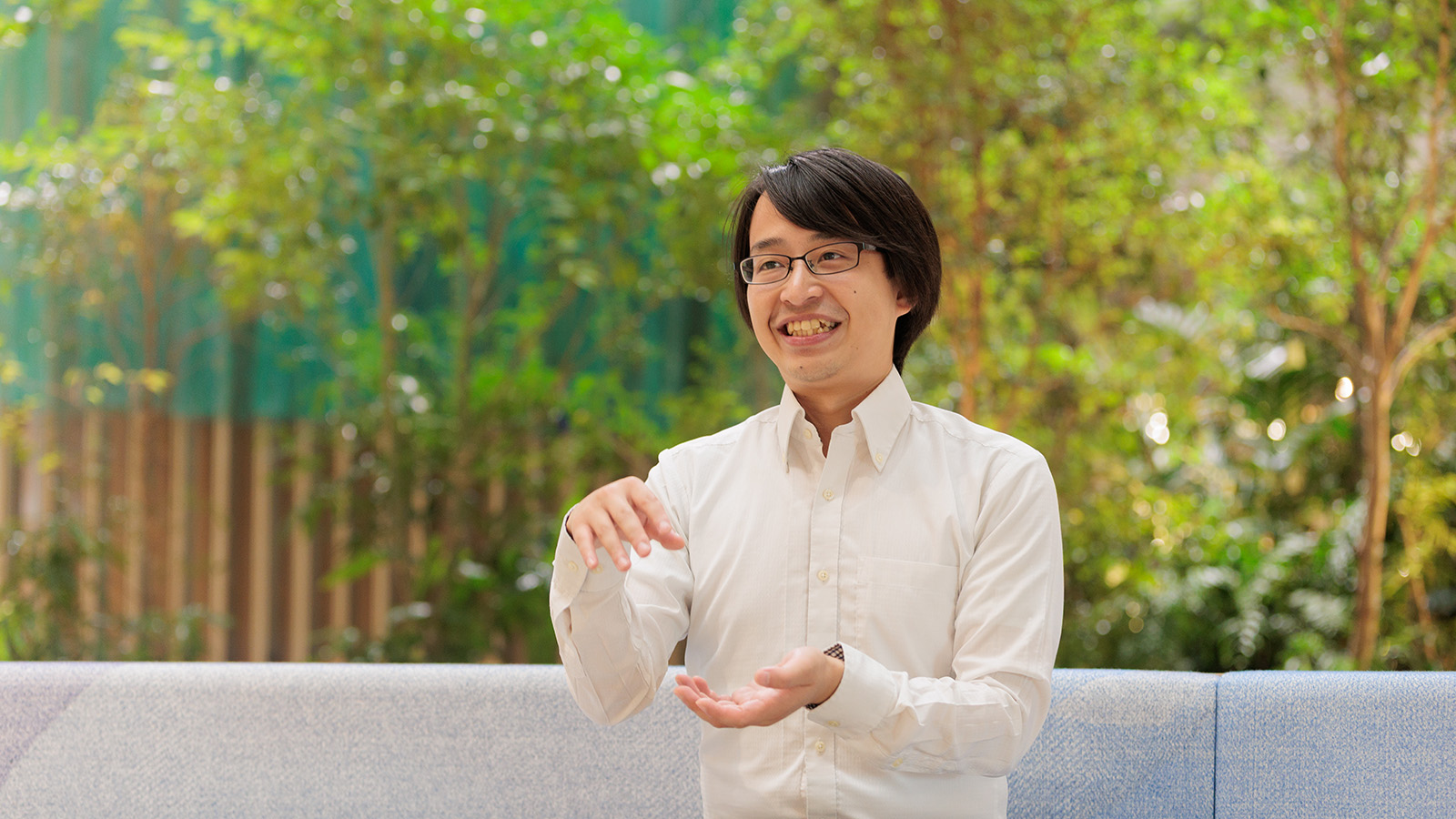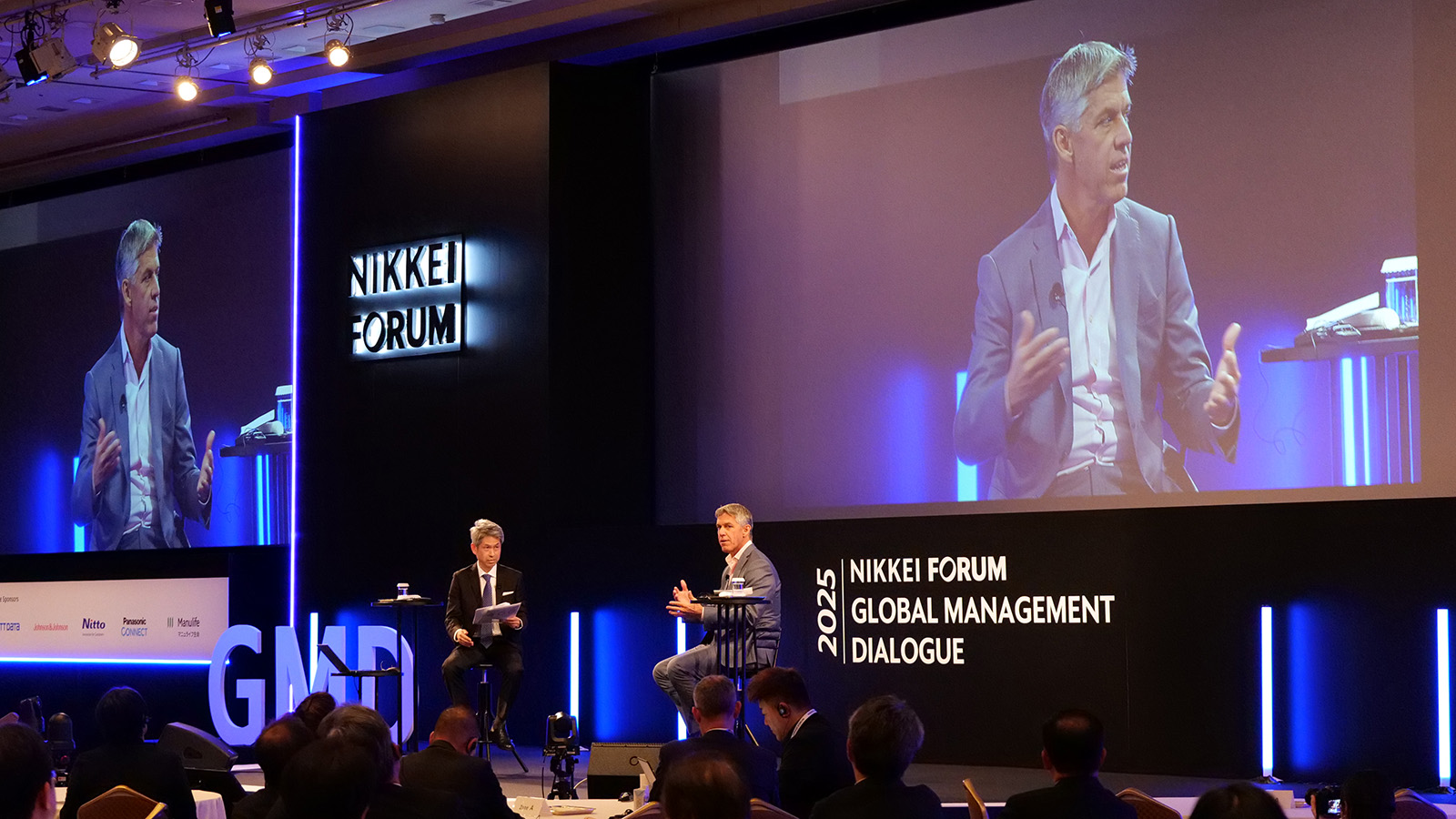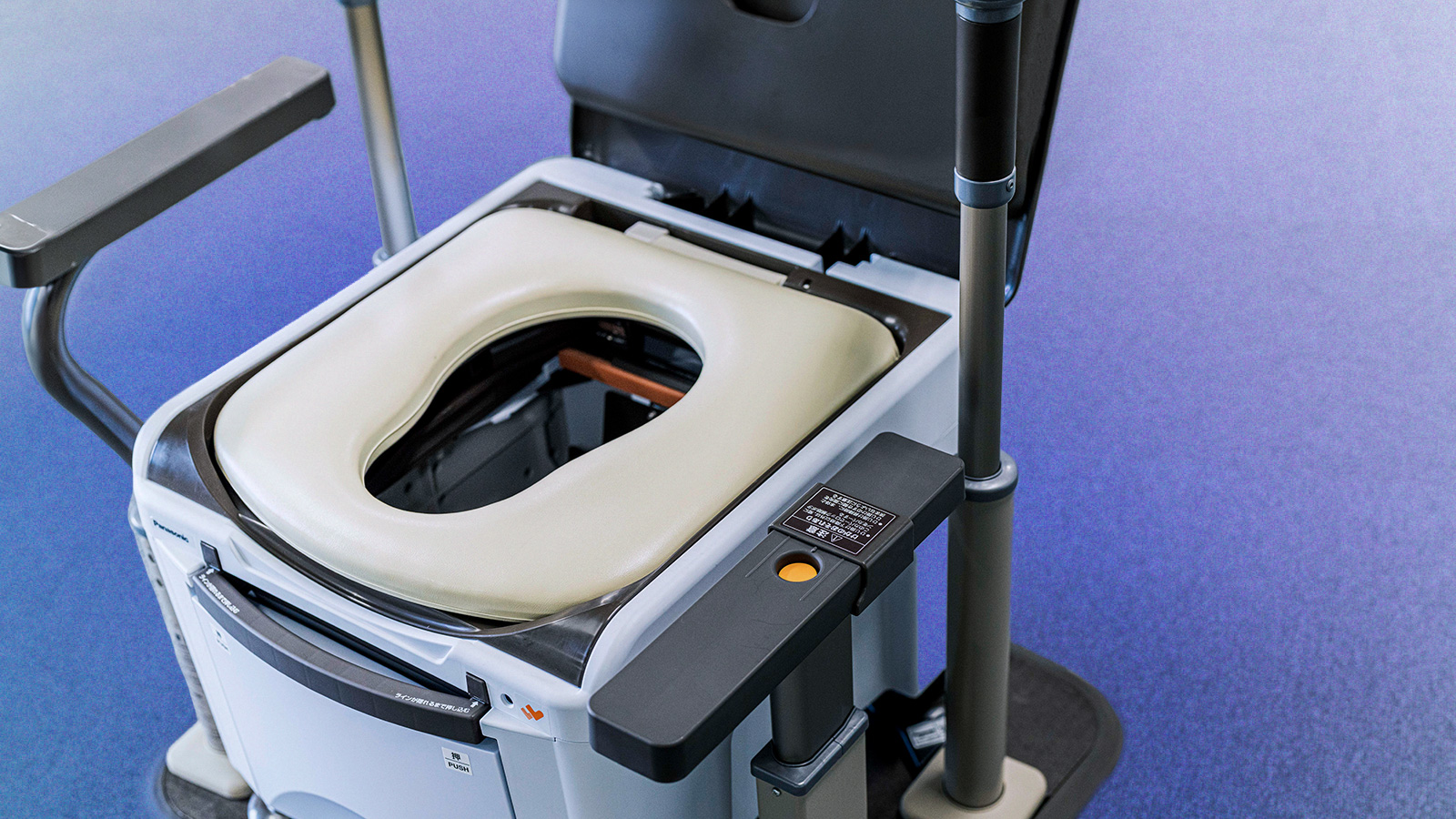
Panasonic's focus on "prosperity of the mind" and some of the innovative products designed to provide this are emerging from the company's new Aug Lab research and development facility
Panasonic is already a global leader in the field of home appliances and other devices that make our daily lives more comfortable and convenient. A home packed with these is a traditional sign of prosperity, the focus of which has tended to be people's material or financial wealth.
But across many developed countries, there is increasing attention on people's mental or social well-being as an indicator of prosperity - prosperity of the mind, if you like. This trend was already evident prior to COVID; however the pandemic has served to remind many of the importance of human relations, of community and, for some, of nature.
In response to this trend, Panasonic is focusing development effort and resources in the field of what it calls "augmentation," which, the company says, is a more subtle use of technology to improve people's happiness and sense of well-being. This includes a new generation of robots and robotic devices.
Robots have traditionally been deployed to automate physical processes, for example in manufacturing. More recently they have been utilized to carry out work remotely on behalf of human operators - for example during surgical procedures - or in difficult to access or dangerous environments.
In Japan in particular, which is facing the challenges of a declining population and a shrinking and aging workforce, robots are increasingly being deployed to provide physical assistance and care for the elderly. However, Panasonic recognizes that robots have the potential to do more than just automate processes and replace human beings; they are also able to complement them and provide emotional support.
The company is therefore developing new types of robots that can facilitate communication and provide mental support, or as Panasonic calls it, "self-enrichment." These are being conceived and developed in the company's new "Aug Lab", a virtual research and development facility set up in 2019 which leverages the expertise and imagination of a wide range of people inside and outside Panasonic.
Aug Lab's activities are not limited to engineering research or robotics; they incorporate the input of designers and creators and specialists in other non-engineering fields. The aim is to explore fresh perspectives, such as "What is it that provides a sense of well-being?" and "What makes people's minds tick?"
An example of an early development by Panasonic in the field of self-enhancement is the human companion robot "Nicobo", a cuddly pet that communicates with its owner in various verbal and non-verbal ways.*
Among the prototype products that the Aug Lab is currently working on in this field is a set of three small, cute robots designed to deepen the connection between babies or small children and their parents. These robots sing and make sounds, interacting with and delighting children and babies in a relaxed and non-intrusive manner, capturing their smiles and daily movements, particularly when their parents are not in the room.
All parents want to capture pictures of their children growing up. However, not all of them have a camera or smartphone to hand at all times, and many might not be comfortable installing a camera in a child's room. In the case of these robots, the camera comes disguised as a friend, one that makes its young subjects smile or laugh. A typical situation is one where the robots snap a photo of a child in an unguarded moment and, unprompted, sends it to the parent's smartphone.
Explains Takeshi Ando, Director of the Aug Lab, "When people think about the use of robots for communication, they tend to focus on communication between humans and robots. But what we are trying to do with baby papa is create opportunities for communication between humans; in this case, between parents and their children, with the aim of deepening their relationship."
Another new development coming out of the Aug Lab is UMOZ - a miniature robot inspired by humble green moss. Moss grows extensively in Japan, with its humid and sub-tropical climate, often carpeting gardens, temple grounds and forests. There are more than 1,700 varieties, each with its own characteristics and environmental preferences.
Resembling a hermit crab and containing real moss, the UMOZ robot has built-in optical and humidity sensors. These perceive the intensity and direction of light and the degree of humidity in its immediate environment, and the UMOZ moves in response to these.
Some are programmed to avoid light and will move away if its owner introduces a light source. Others are programmed to seek out light and will move closer in the same situation. Some will seek moisture while others avoid it.
Explains Ando, "Most of us think of moss as something inanimate that you cannot interact with, but actually it's a living thing which adapts itself to its surrounding environment. The miniature UMOZ robots mimic this relationship, or dependency. Their behavior algorithms are also programmed differently for each individual. Some will move towards sources of light or moisture; others will move away from these. The aim is to stimulate their owners' perception of their surroundings and their awareness of nature." He adds, "I think that well-being is not only about the relationships people have with each other; it's also about how people can live together in harmony with nature."
As the Aug Lab continues its work, Panasonic is seeking new research partners to help accelerate its future innovation, and the company is looking forward to announcing new developments soon.
Concludes Ando, "Data concerning life satisfaction is collected all over the world, and if you look at the trend, it is basically flat. Although we have contributed to economic development, we have not really been focused on contributing to people's happiness. New technologies are providing us with a means to do this."
*See https://news.panasonic.com/global/stories/2021/88701.html
# # #
Disclaimer:
We would like to note that Panasonic Newsroom is not a place to address personal Customer Service issues. Even though this is not the forum, Panasonic is always eager to resolve your concerns. Our local customer services contacts can be found at Global Support or you can see our list of Social Media Accounts to find the right channel for your queries and concerns.
Related Links
Related News
Reated Videos
[Aug Lab] babypapa
[Aug Lab] UMOZ










